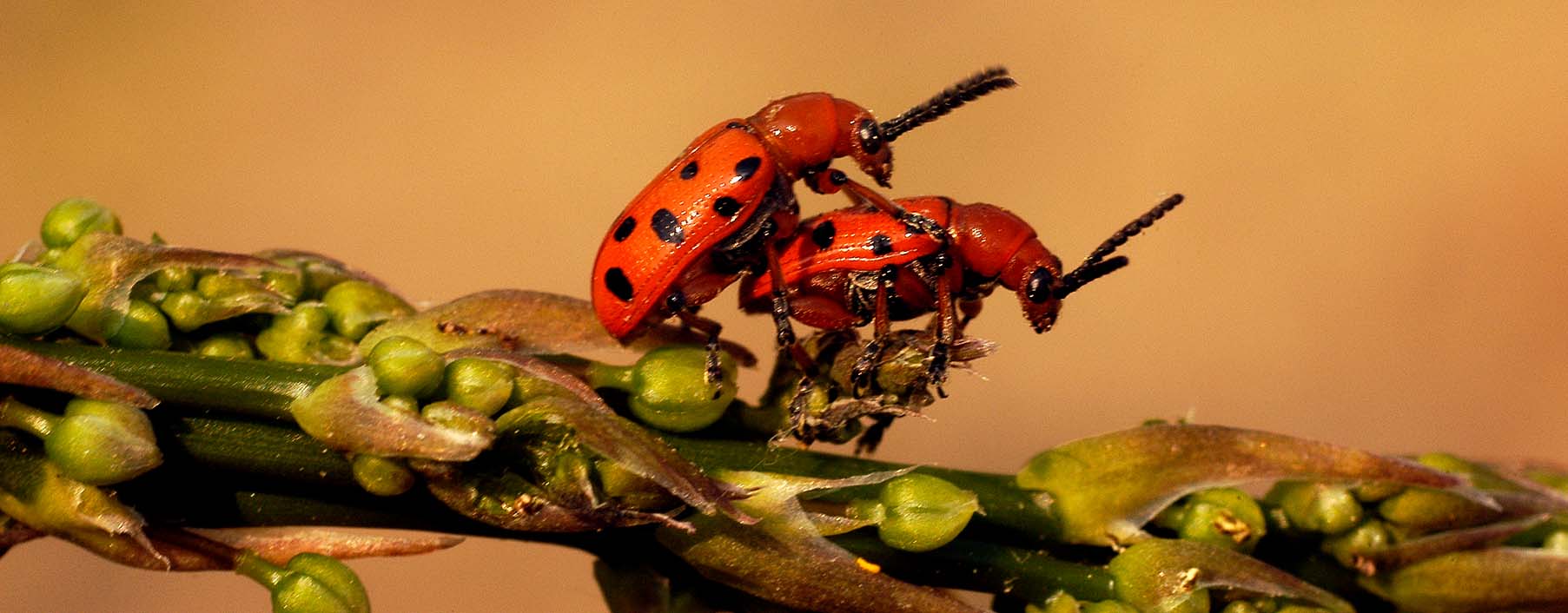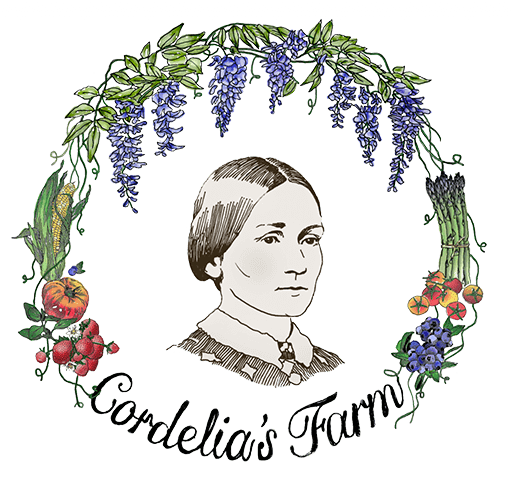
Growing Practices
Cordelia’s Farm uses Integrated Pest Management, or IPM, which is a philosophy of pest control that strives to manage pest populations with the least amount of environmental impact. IPM practices attempt to mimic natural ecosystems through the use of four major techniques: monitoring pest populations, using natural enemies, using cultural controls and applying pesticides when the first three techniques alone cannot control a pest. Unlike other pest management strategies that rely on a single technique, IPM strategies integrate multiple techniques into a cohesive pest management strategy. In many cases, IPM reduces pesticide usage by making crops less inviting to pests, by encouraging natural predators and parasites, and by carefully monitoring pest populations so that a crop is only sprayed when pests are present at damaging numbers.
There are many benefits to IPM techniques over other pest control strategies. The reduced levels of pesticides associated with IPM strategies produce arguably healthier fruit and vegetables for the consumer, with significantly less impact on the environment. For the farmer, IPM strategies mean less exposure to pesticides for themselves and an economically viable approach to controlling pests.
Cordelia’s Farm began using the IPM methodology over thirty years ago. During that time the farm has worked closely with other growers, State Extension Services, University of Massachusetts and a private IPM scout, Jim Mussoni. Thanks to the hard work of these groups and individuals, Cordelia’s Farm is able to grow high quality produce using valuable strategies that continue to improve with each growing season.
